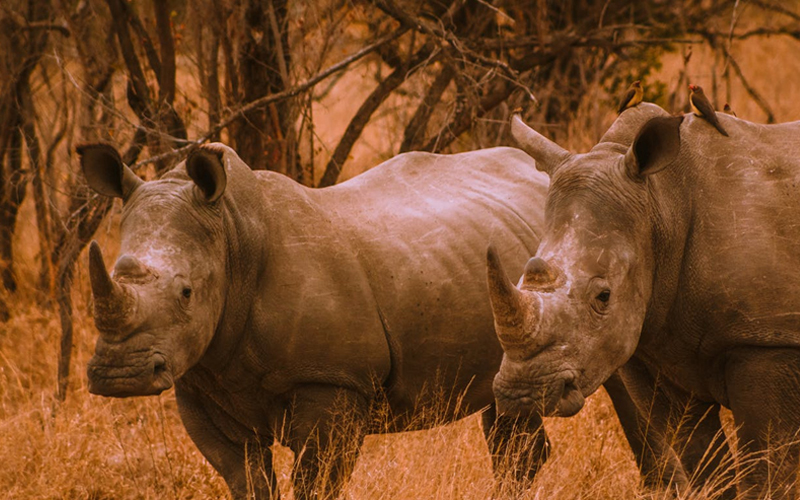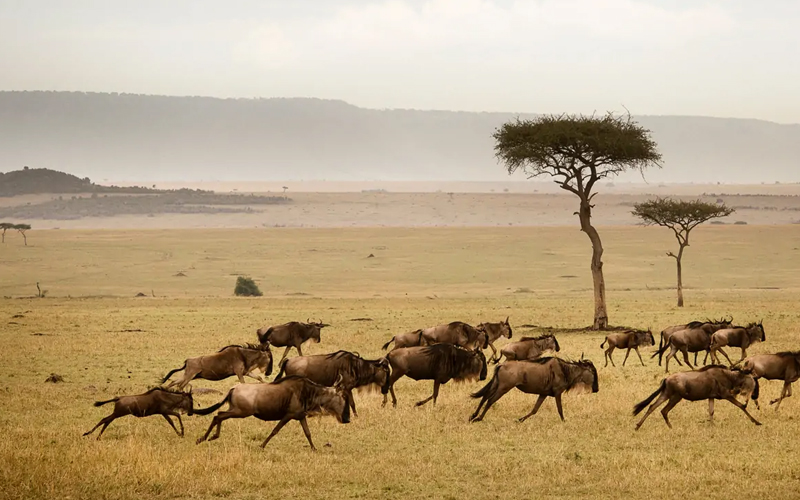Tanzania Wildlife Conservation Africa Role 2024
Tanzania has long been a pioneer in wildlife conservation, boasting iconic ecosystems like the Serengeti, Ngorongoro Crater, and Selous Game Reserve. In 2024, the nation has further solidified its role as a leader in Africa’s conservation movement. Through innovative policies, international partnerships, and community-driven efforts, Tanzania is setting new benchmarks for preserving Africa’s wildlife heritage.
Tanzania’s Conservation Legacy
- A Rich History of Wildlife Protection
- National Parks and Reserves: Tanzania is home to over 40% of its land designated as protected areas.
- World Heritage Sites: Serengeti National Park and Ngorongoro Conservation Area are UNESCO-listed treasures.
- Iconic Species Under Protection: Tanzania harbors some of the world’s most endangered species, including black rhinos, African wild dogs, and elephants.
New Conservation Milestones in 2024

- Expansion of Protected Areas
- New Sanctuaries: Tanzania has added significant tracts of land to its protected zones, including new wildlife corridors connecting migration routes.
- Marine Conservation: Coastal and marine ecosystems, such as the Zanzibar Archipelago, now feature enhanced protection measures.
- Anti-Poaching Innovations
- Technological Advances: Use of drones and AI-based monitoring systems to detect illegal activities.
- Stronger Legislation: Hefty penalties for poachers and stricter regulations on wildlife trade.
Community Involvement in Conservation
- Empowering Local Communities
- Wildlife Tourism Revenue Sharing: A percentage of park entry fees now supports community development projects.
- Employment Opportunities: Many locals work as rangers, guides, and in eco-tourism ventures.
- Human-Wildlife Conflict Mitigation: Programs provide compensation for crop loss and livestock predation.
- Education Initiatives: Conservation awareness campaigns in schools and rural communities.
Key Partnerships Driving Success
- International Collaborations
- Global Conservation Funds: Tanzania partners with organizations like the WWF and the African Wildlife Foundation to fund projects.
- Cross-Border Agreements: Collaboration with Kenya and Uganda ensures the protection of transboundary species like wildebeest and elephants.
- Role of NGOs: Non-profits play a vital role in research, education, and wildlife rescue operations in Tanzania.
Focus on Endangered Species in 2024
- Breeding Programs: Captive breeding and rewilding efforts are showing promising results.
- Anti-Poaching Units: Focused patrols in rhino habitats.
- Elephant Corridors: New wildlife corridors reduce habitat fragmentation.
- Ivory Trade Crackdown: Tanzania is recognized for its significant efforts in reducing the illegal ivory trade.
Ecotourism: A Key to Conservation
- Sustainable Safari Initiatives
- Low-Impact Lodges: Eco-friendly accommodations that minimize their environmental footprint.
- Green Safari Practices: Use of electric safari vehicles and reduce single-use plastics.
- Community-Driven Experiences: Tourists are encouraged to participate in conservation activities, such as tree planting and wildlife monitoring.
Challenges Ahead for Tanzania
- Rising Temperatures: Altering animal migration patterns and water sources.
- Habitat Loss: Coastal erosion and deforestation pose significant threats.
- Balancing Development and Conservation: Increased urbanization and infrastructure projects often conflict with wildlife needs.
What Sets Tanzania Apart in Africa’s Conservation Scene
- Strong Political Will: Leaders actively advocate for wildlife conservation and participate in global environmental forums.
- Integration of Science and Tradition: Combining modern technology with indigenous knowledge ensures holistic conservation strategies.
The Future of Wildlife Conservation in Tanzania

- Expanding Marine Conservation: Upcoming projects aim to protect coral reefs and marine species such as dugongs and whale sharks.
- Increasing Youth Involvement: Programs are being developed to engage young Tanzanians in conservation through education and career opportunities.
- Global Recognition: Tanzania’s efforts are earning it accolades as a model for other African nations to follow.
Tanzania’s commitment to wildlife conservation in 2024 reflects a deep understanding of its role as a steward of Africa’s biodiversity. By expanding protected areas, leveraging technology, and empowering local communities, the country is not just preserving its natural treasures but also inspiring the world. Travelers and conservationists alike have much to learn from Tanzania’s proactive approach.
FAQs
- What are Tanzania’s most famous conservation areas?
Serengeti National Park, Ngorongoro Conservation Area, and Selous Game Reserve are the most notable.
- How does tourism support conservation in Tanzania?
Revenue from park fees funds conservation programs and supports local communities.
- What endangered species are found in Tanzania?
Black rhinos, African elephants, wild dogs, and cheetahs are among the key species under protection.
- How is technology helping Tanzania’s conservation efforts?
Tools like drones, GPS tracking, and AI-powered monitoring enhance anti-poaching and wildlife research initiatives.
- Can tourists participate in conservation programs?
Yes, many eco-tourism operators offer activities like tree planting and wildlife monitoring as part of their packages.
Post tags


Leave a comment